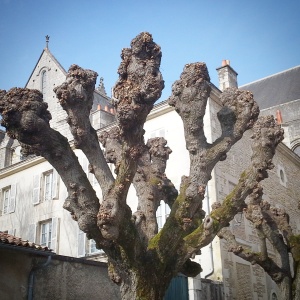English, compared to other languages, has a large vocabulary. This is in part due to the fact that the British Isles have been invaded and conquered so many times and therefore has, over the centuries, adopted words from each invading and settling group. It is a melting pot of Norse, Germanic, Latin and Eastern words.
As with every language, the ultimate aim is expression and comprehension. Understanding each other. To be able to find the right words to express that precise feeling, event, need or scene is paramount to survival and success.
Words can come in a vareity of intensities from mild to extreme. The temptation is always to put VERY in front of a word to increase it’s intensity instead of looking for an existing word that says just that!
There are approximately 500,000 words in a standard English dictionary, about 100,000 of those will be adjectives or descriptive words, so lets use them and look for words to increase the intensity of something without being lazy and resorting to ‘very’!
- Very Afraid / Terrified
- Very Angry / Furious
- Very Bad / Atrocious
- Very Beautiful / Exquisite
- Very Big / Immense
- Very Bright / Dazzling
- Very Capable / Accomplished
- Very Clean / Spotless
- Very Clever / Brilliant
- Very Cold / Freezing
- Very Cross / Angry
- Very Dirty / Squalid
- Very Dry / Parched
- Very Fierce / Ferocious
- Very Good / Superb
- Very Happy / Ecstatic
- Very Hot / Scalding
- Very Hungry / Ravenous
- Very Large / Colossal
- Very Loved / Adored
Now try the next group yourself. Scroll further down to see suggestions once you’ve finished.
- Very Neat /……….
- Very Old /…………
- Very Poor /……….
- Very Risky /………
- Very Rude /……….
- Very Small /………
- VerySilly /…………
- Very Thin /………..
- Very Tired /……….
- Very Ugly /………..
- Very Valuable /…..
- Very Weak /………
- Very Wet /………..
Now, scroll down
……….
…………………
and here are some suggestions!
- Very Neat / Immaculate
- Very Old / Ancient
- Very Poor / Destitute
- Very Risky / Perilous
- Very Rude / Vulgar
- Very Small / Miniscule
- Very Silly / Stupid
- Very Thin / Gaunt
- Very Tired / Exhausted
- Very Ugly / Hideous
- Very Valuable / Precious
- Very Weak / Feeble
- Very Wet / Soaked




















